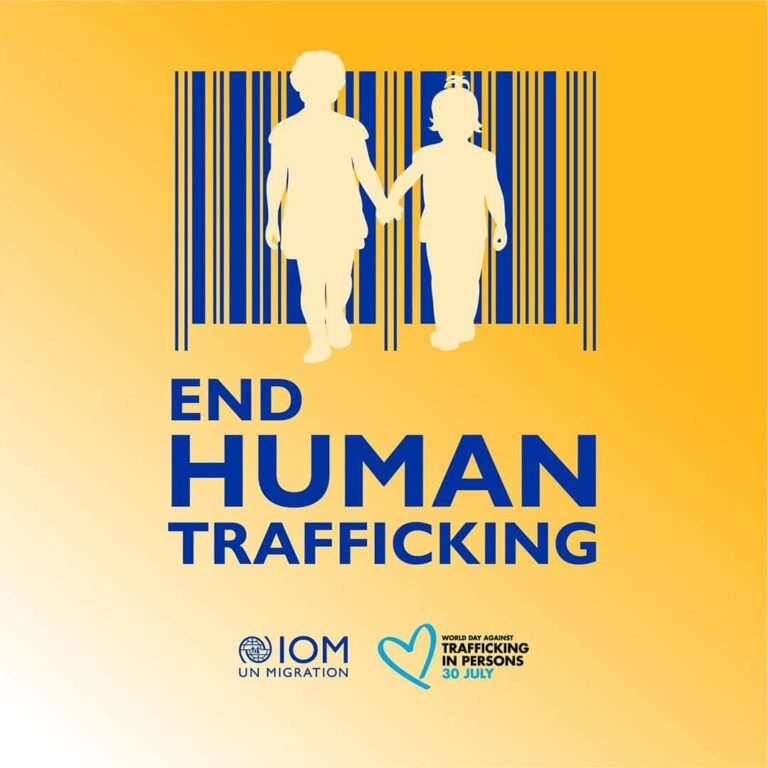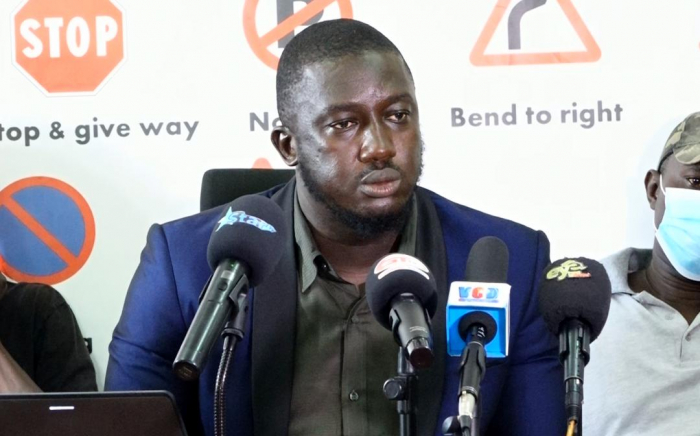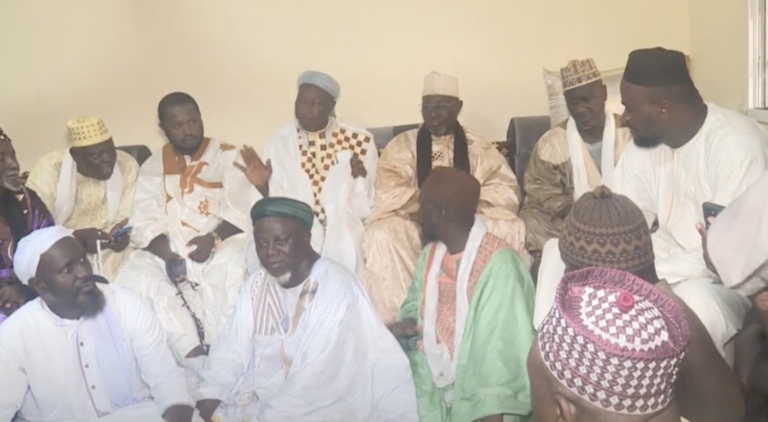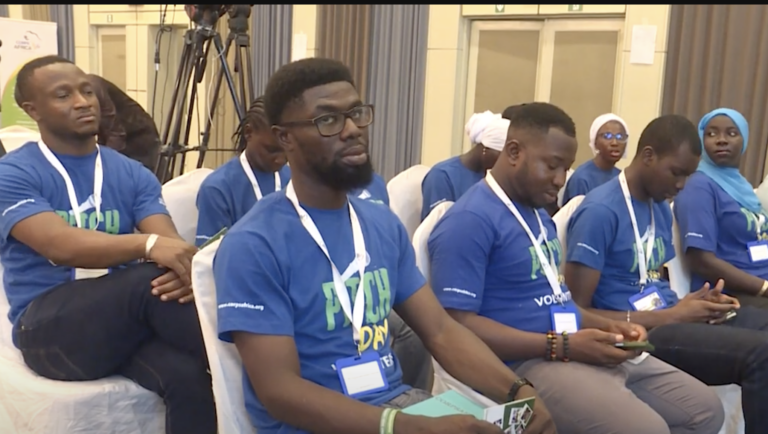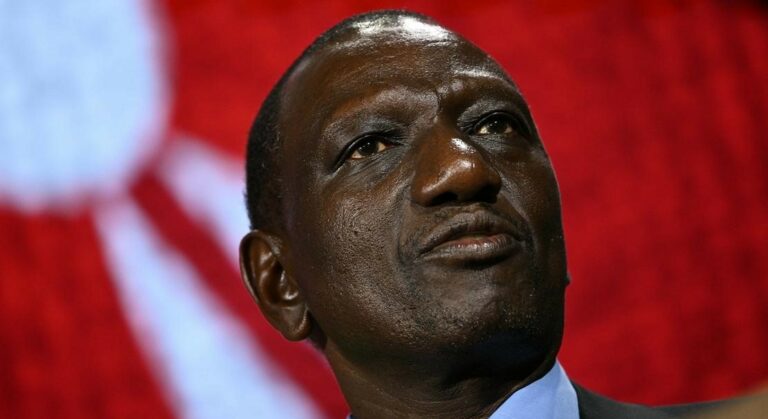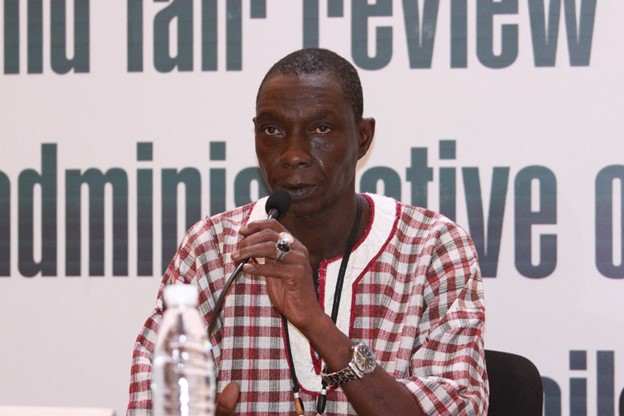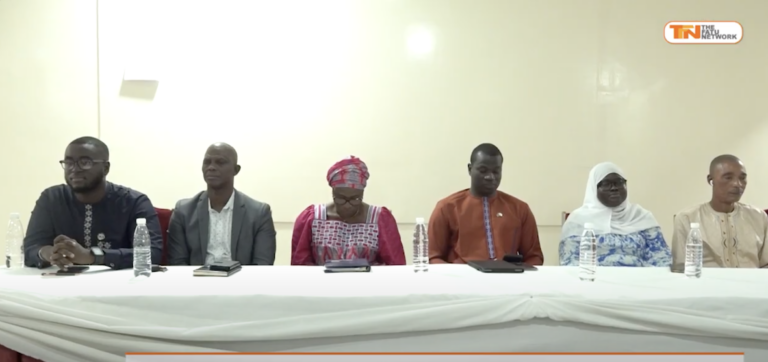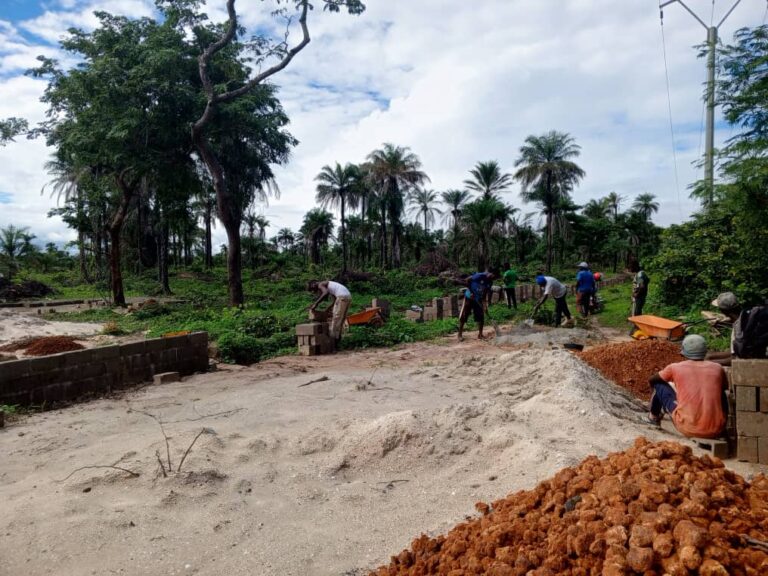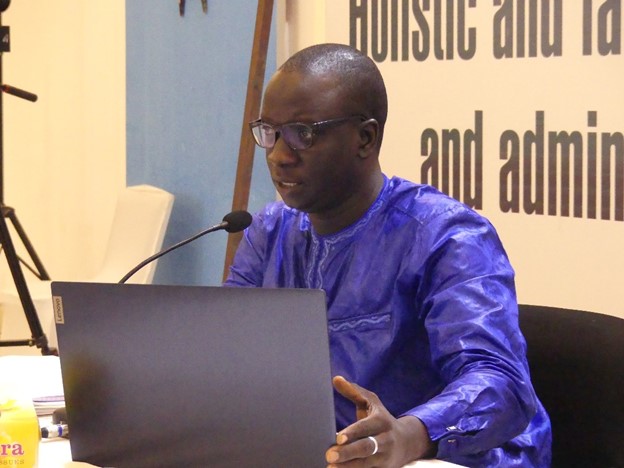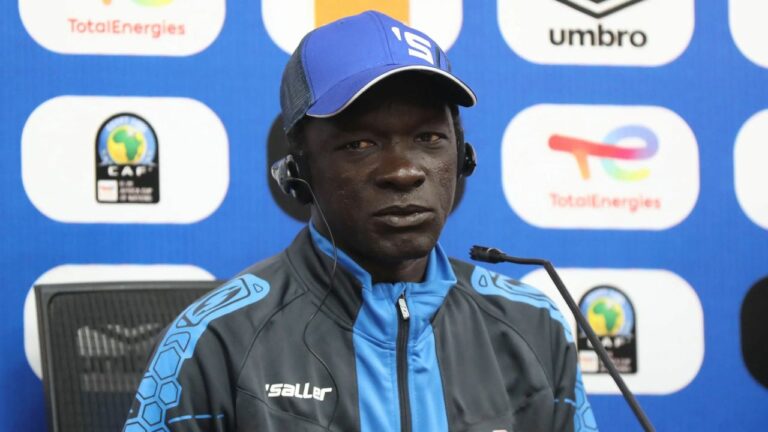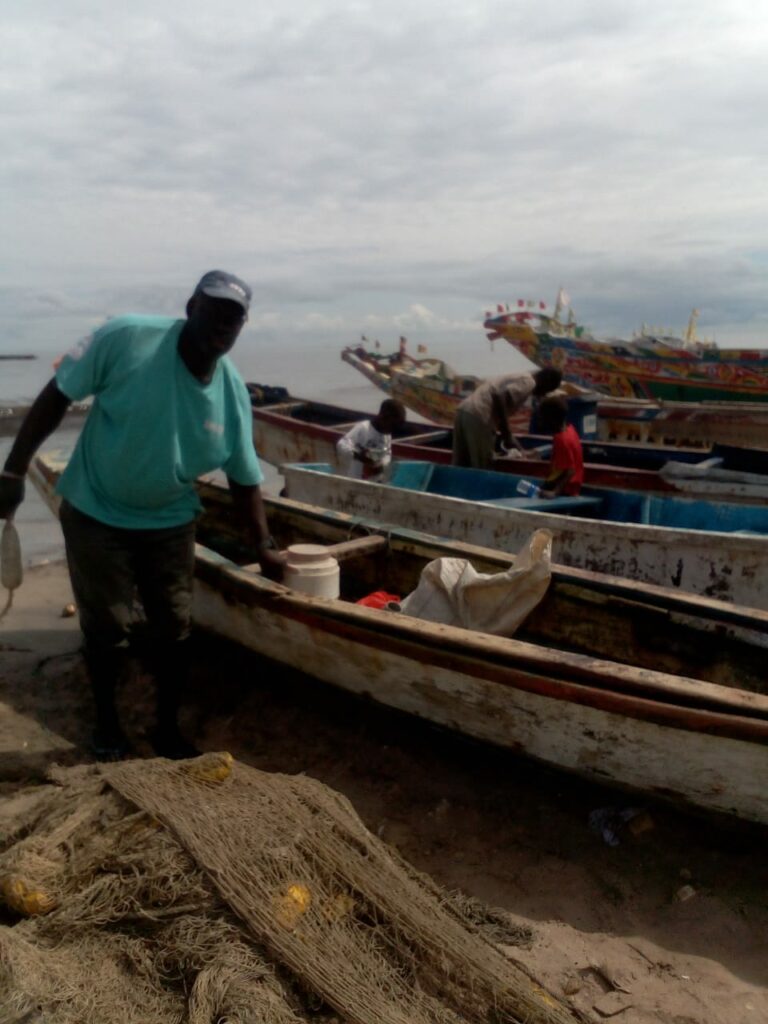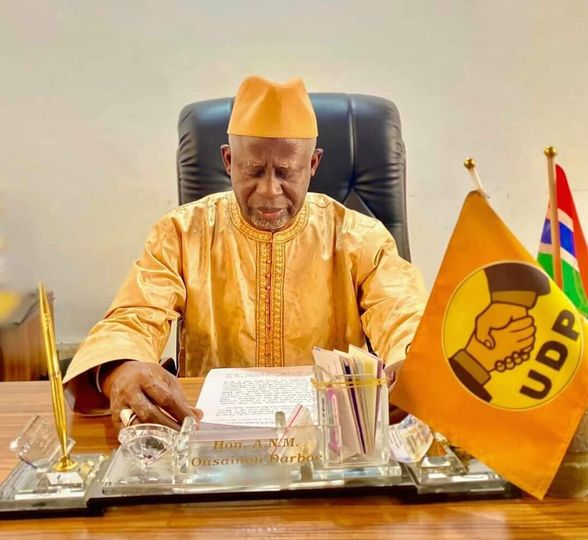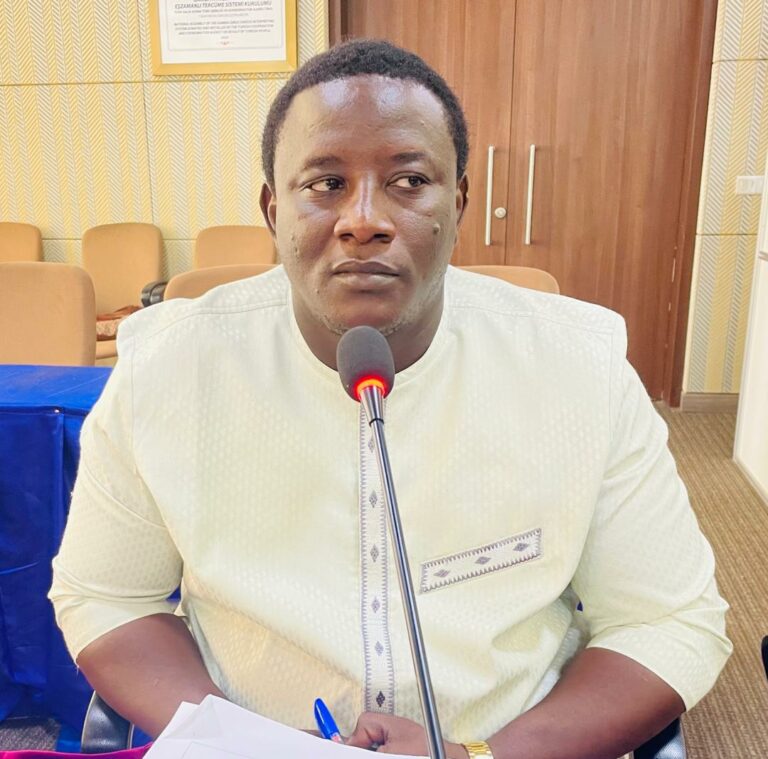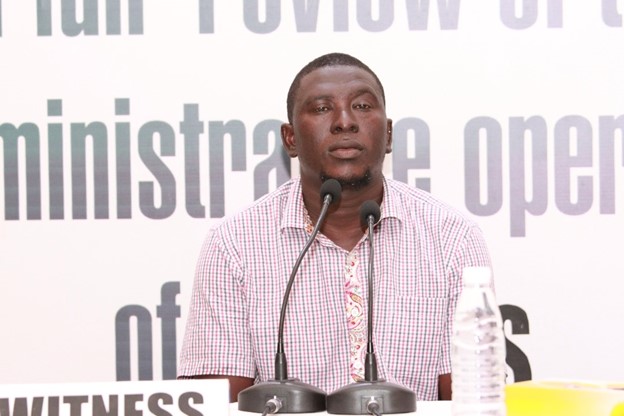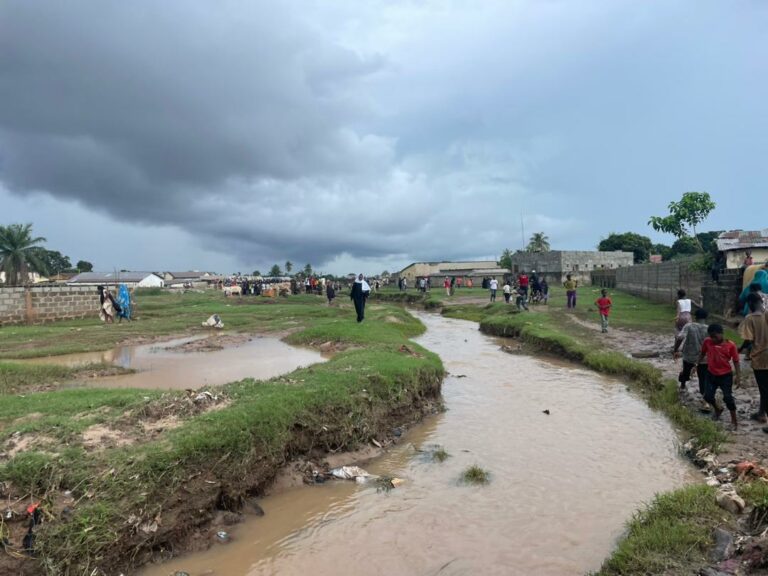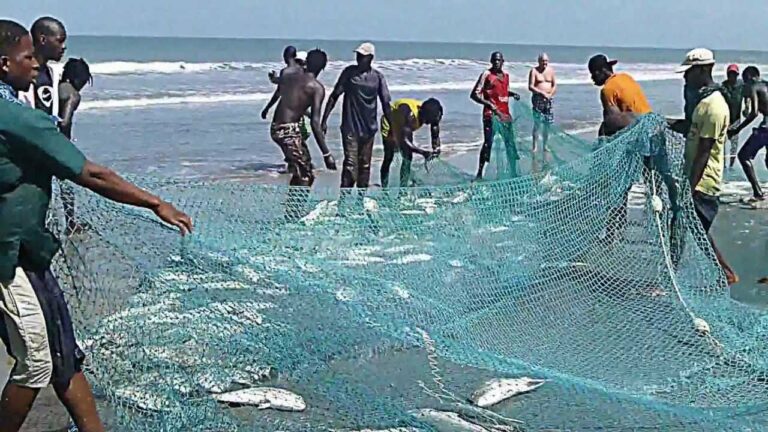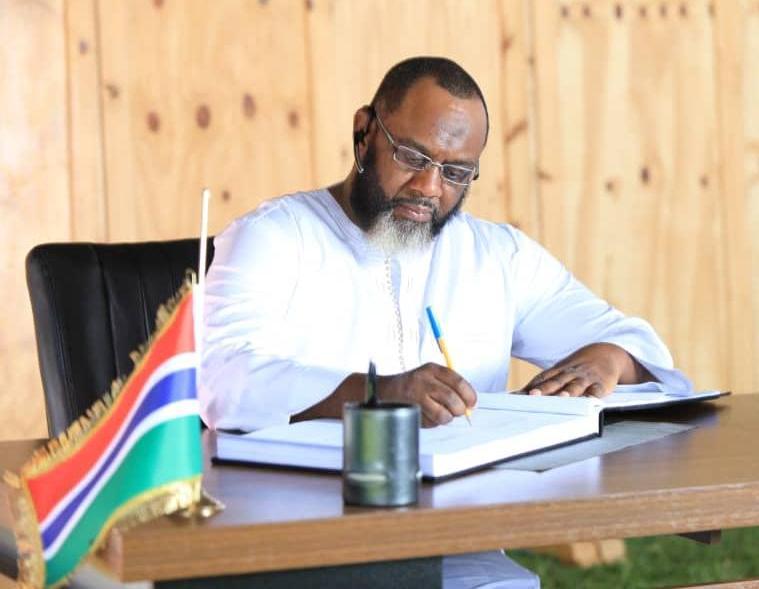By Dawda Baldeh
Ram M. Aswani, the General Manager of Right Choice Supermarket, has reacted to grave accusations involving a senior branch manager, including theft, selling expired food items, cheating customers, and maltreating staff.
Following our Thursday publication which drew widespread condemnation implicating Jagdish Shivvani, the Brusubi branch manager, for theft and fraudulent practices, including manipulating transactions, Aswani spoke exclusively to The Fatu Network and described the allegations as serious, stating they could tarnish the reputation of Right Choice, a company that has operated in the country for 24 years.
“I was shocked and disappointed when I saw these allegations,” he said, adding that he would take serious action against any individual who is engaged in fraudulent activities in the company.
In response to allegations of customer theft, Mr. Aswani called on any customer who had such an experience to report directly to him.
“I don’t take theft lightly from anyone. If a customer feels he/she is manipulated by any staff at Right Choice, let the person report to me then I will deal with the situation,” he said.
“I don’t joke with my customers because they are the bosses. It doesn’t matter whether it’s an Indian or a Gambian, anyone who cannot treat my customers right, I will sack the person,” he added.
Mr. Aswani stressed that he cares for his and the company’s reputation, highlighting the hard work he has put into earning his customers’ trust.
He confirmed that Indian staff are not allowed to sit at the teller box while denying allegations of the supermarket selling expired food products, saying Right Choice does engage in such practices.
“We don’t sell expired food products in our supermarkets. You can go and conduct your independent investigations and see it yourself,” he said.
According to him, they do conduct discounts for products that are near expiry to avoid loss of income.
“When a product is about to reach the expiry date, we reduce the price. For example, if the previous price is D100, we will reduce it to D75, and when the date gets closer like two or three months, we reduce the price further just to make sure people can buy before they expire,” he said.
The Right Choice boss also clarified the issue of stickers pasted on certain products indicating a manually installed date after we presented evidence of such before him.
The head of Right Choice further addressed the issue of stickers being affixed to certain products, which suggest a manually set date, following our presentation of photographic evidence of such acts before him.
“These are Indian food products which we import from India and our supplier is having issues printing the expiry date.
“We import the products with the stickers and paste them manually. Let me give you an example, a toothpaste imported from India, or another country will have the expiry date, but a toothpaste imported from England doesn’t have that,” he said.
The Fatu Network was able to obtain a document seemingly supporting Mr. Aswani’s claims.
A document from a food supplier from India dated 24th January 2022 named (Novas Implex) reads: “This is to inform you that we had a problem with our shelf life printing machine system for Virasat Indian Spices at the time of shipment in June 2022 for Right Choice Supermarket Ltd, Banjul, The Gambia. Instead of machine printing of shelf life, we have done stickers on each product’s packet which are genuine.”
These items imported in 2022 are listed in the document numbering 17 different Virasat Indian spices.
On Staff Maltreatment
Mr. Aswani urged staff to report directly to him whenever they are treated otherwise by anyone.
“My staff are my family, and their welfare is my concern. If a staff member is maltreated, let the person report to me. I will take care of the person. You can ask the staff. Maybe you can have one or two who might have a different view.
“When a staff member falls sick, if the person goes to any hospital [and] if he/she is back, I just ask how much is the cost of your medication and I do pay for it all,” he claimed, adding that his staff are all equal to him.
Mr. Aswani also apologized to all his customers for any inconvenience these allegations may cause.
“I am a human being and if someone feels I’m wrong, let the person tell me and I will apologize and correct the wrong. I am not perfect, and I don’t support wrongdoings,” he said.
He also expressed disappointment with The Fatu Network for publishing the story without getting his version [note: The Fatu Network contacted the Brusubi branch manager, who is actually the one facing the accusations, but he declined to comment].
On the part of his implicated Indian staff, Mr Aswani vowed to deal with him, saying he doesn’t tolerate indecent behaviour.


